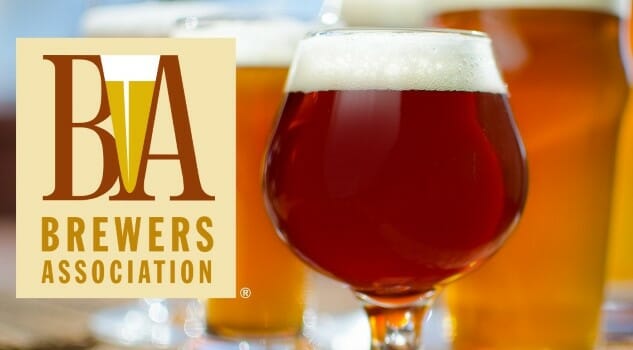What is a “craft brewer”? Brewers Association Changes the Definition Again, as the Words Become Increasingly Meaningless

The definition of “craft brewer,” as laid out by the Brewers Association, the beer industry’s advocacy trade group, has already been changed three times since 2007. The organization has taken to calling it a “living document,” so that the definition can continue to evolve and represent craft brewers as the industry goes through the type of rapid growth and change that is its hallmark. It’s impossible to miss, though, that the instances of change in the craft beer definition have had a tendency to benefit primarily two bodies: The nation’s second largest craft brewer (Boston Beer Co.) and the BA itself.
If you’re sensing a little bit of cynicism in that opening, it’s not a new development. As I wrote back in January: The time of “craft” as a useful descriptor in this industry has essentially come to an end. As the term has become watered down and filled with conflicting exceptions, it simply isn’t a useful term for the public to fall back on as a benchmark of quality or thoughtful consumption. The new push is behind the more concretely defined BA concept of “independence,” which means that consumers now have to answer the question of how much brewery independence is worth to them.
Now it’s time for another proposed change. After the last decade made alterations to the amount of barrels a craft brewery was allowed to produce while remaining “small,” and the ingredients a craft brewer could use while remaining “traditional,” the latest proposal from the BA board is to drop the “traditional” requirements entirely. In an email to members, Left Hand Brewing Founder Eric Wallace, who serves as chair of the BA board, laid out the organization’s rationale and the results of a survey of 1,000 BA members.
-

-

-

-

-

-

-

-

-

-

-

-

-

-

-

-

-

-

-

-

-

-

-

-

-

-

-

-

-

-

-

-

-

-

-

-

-

-

-

-








































